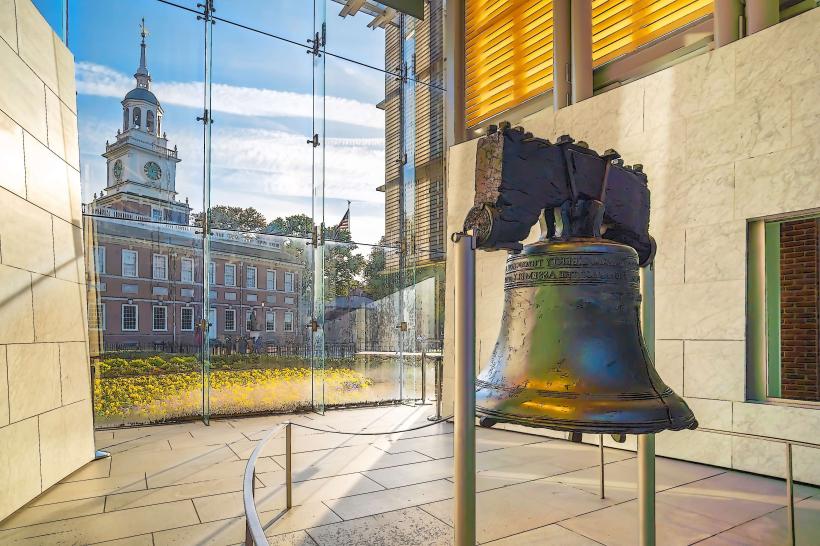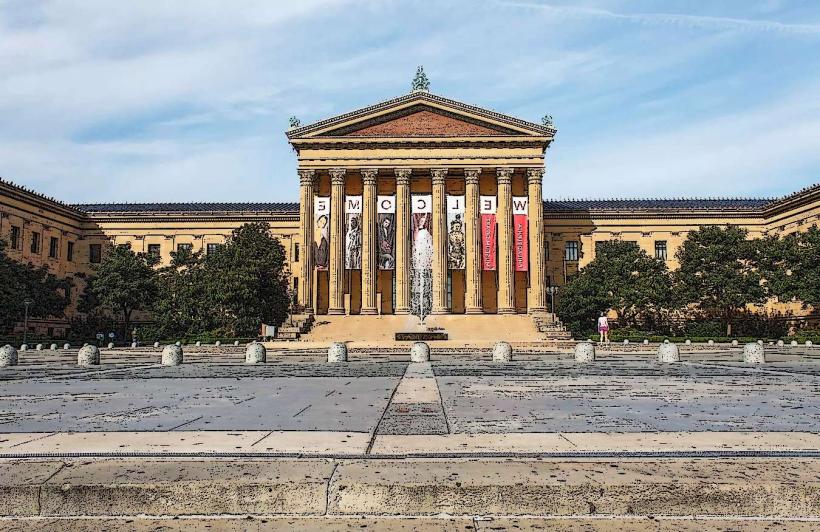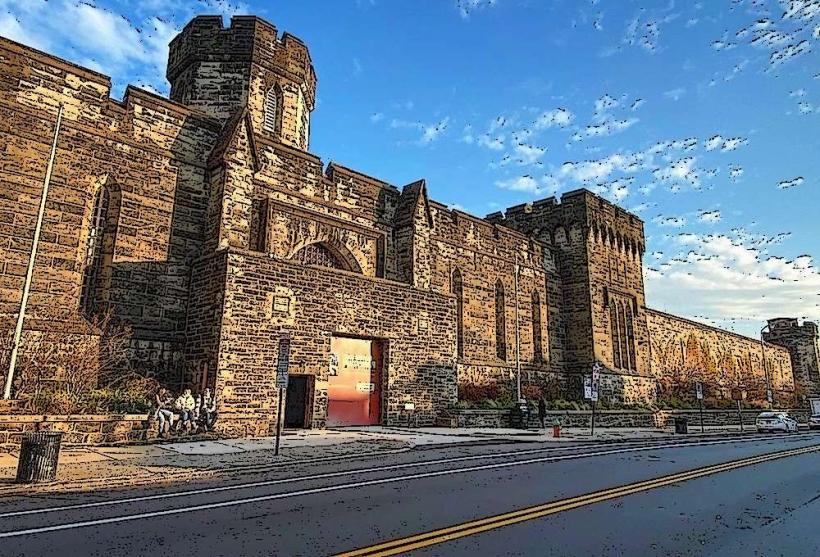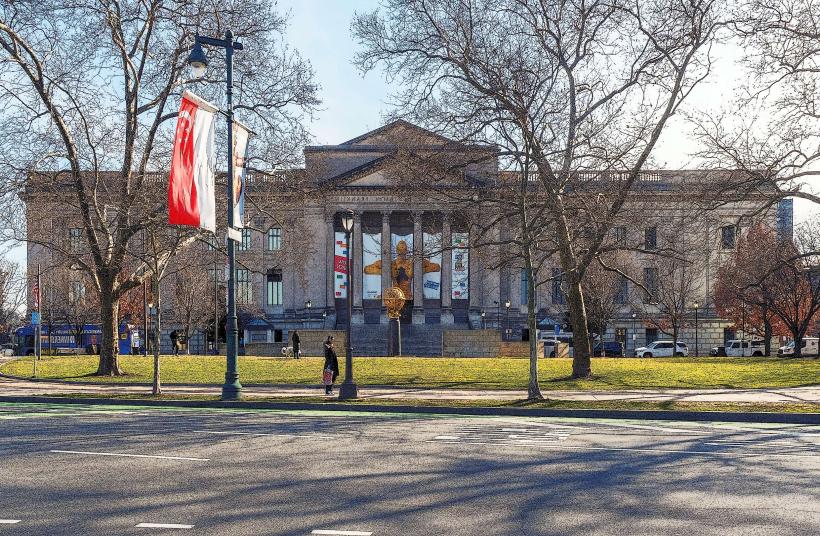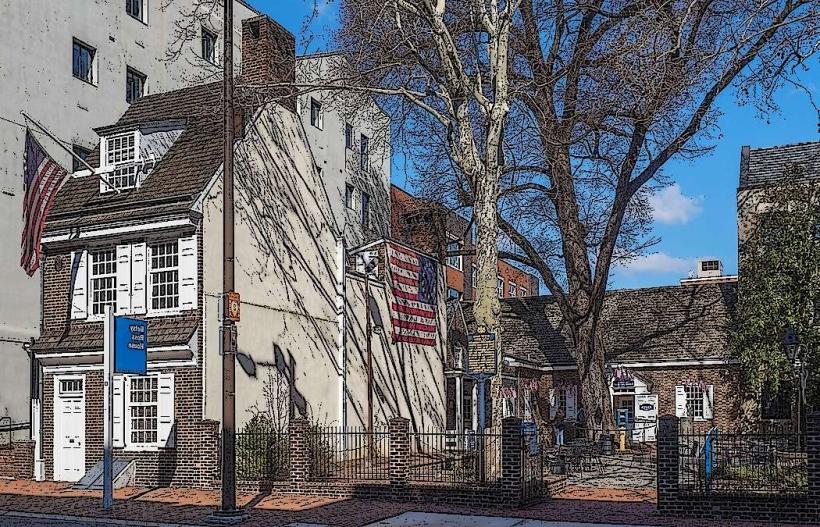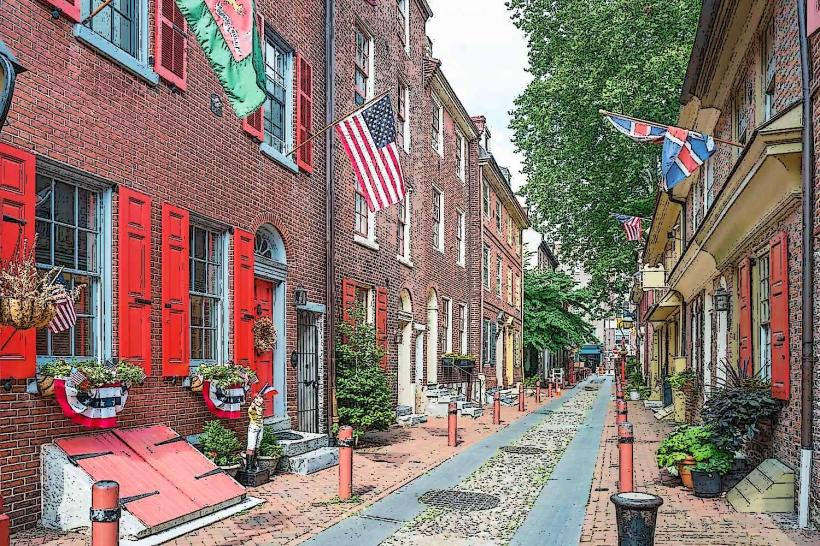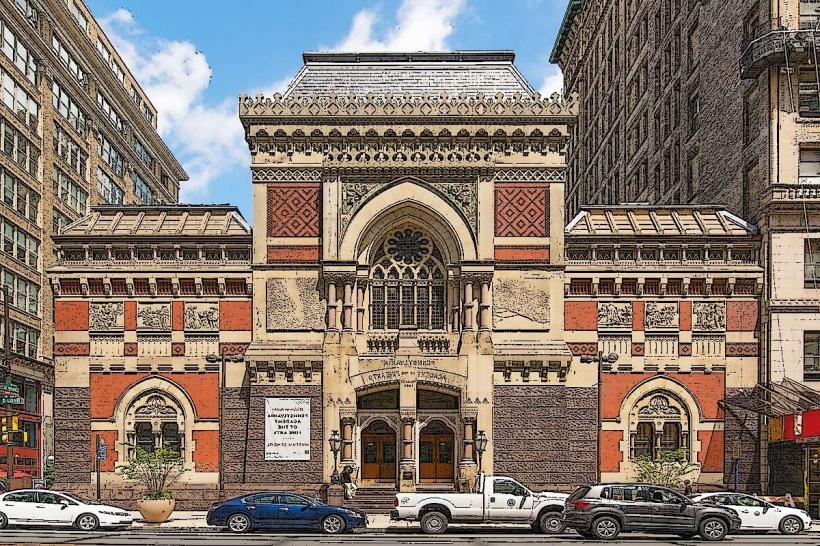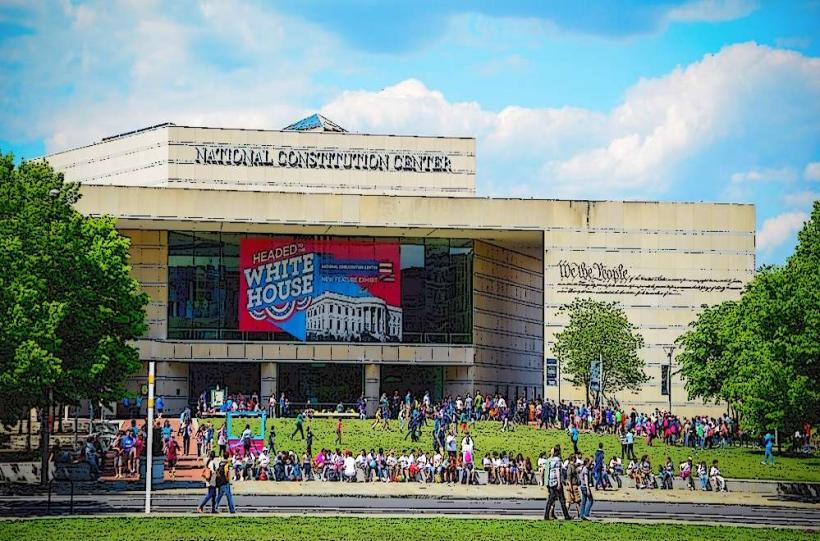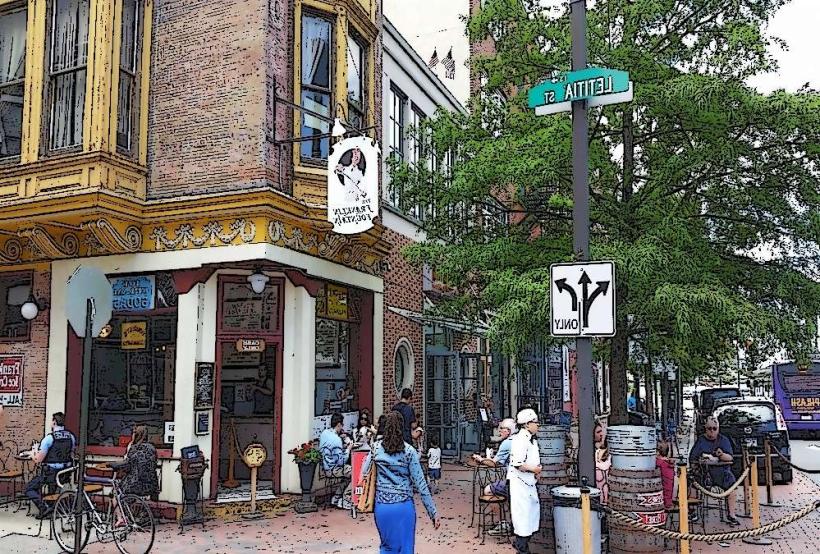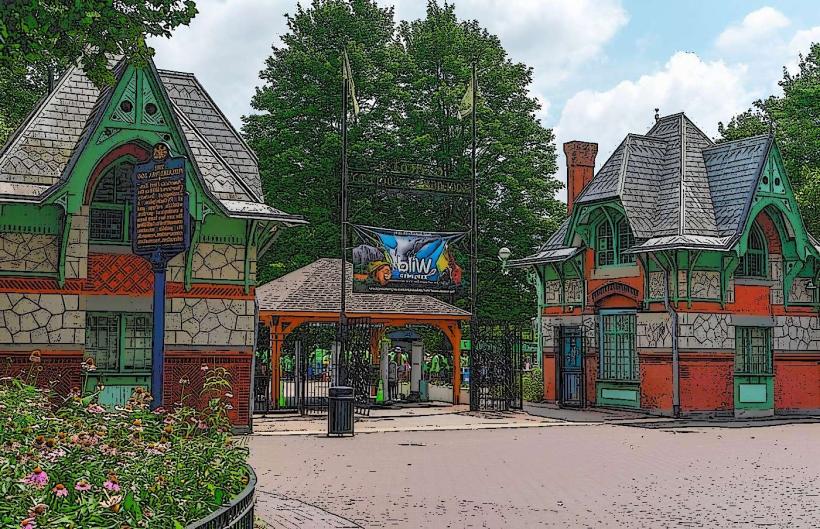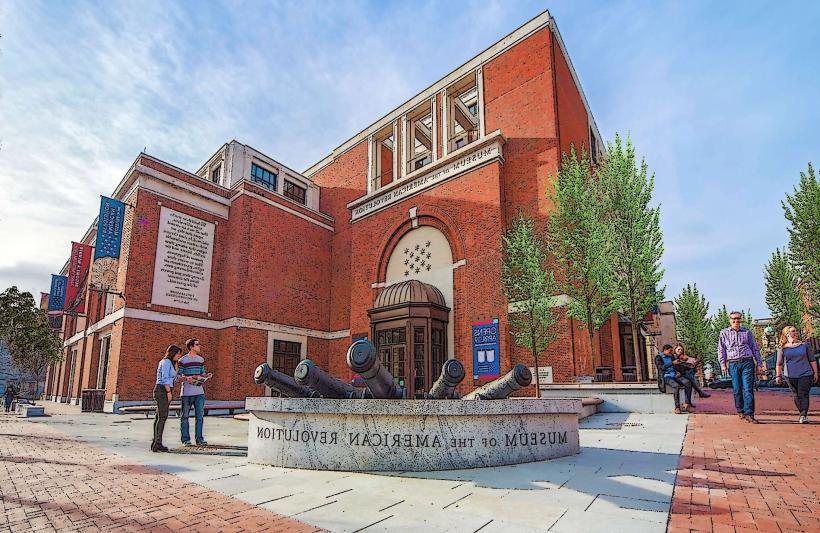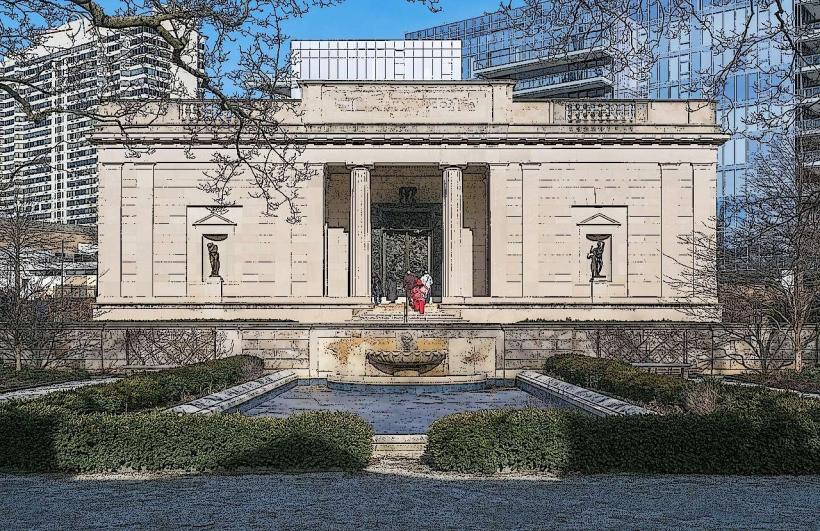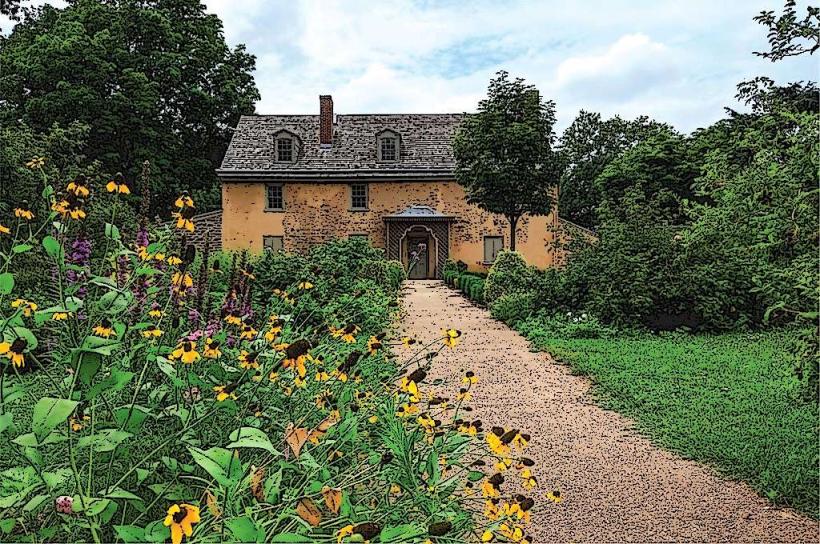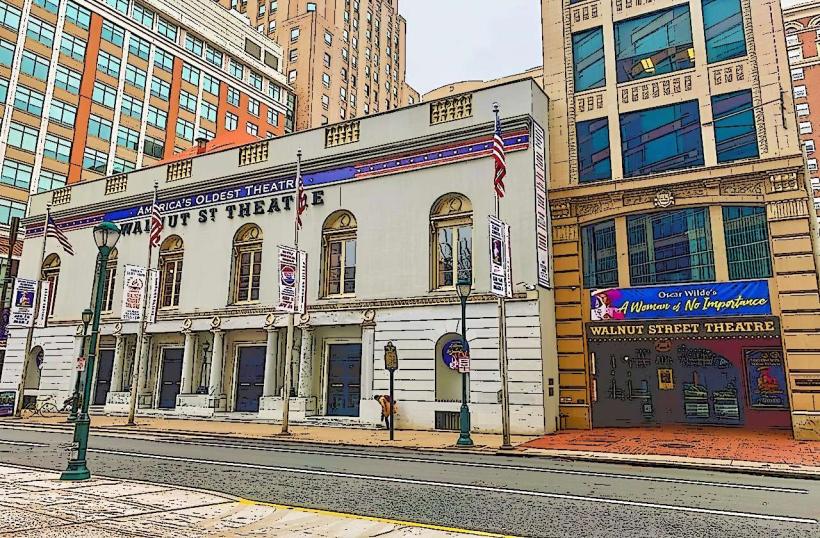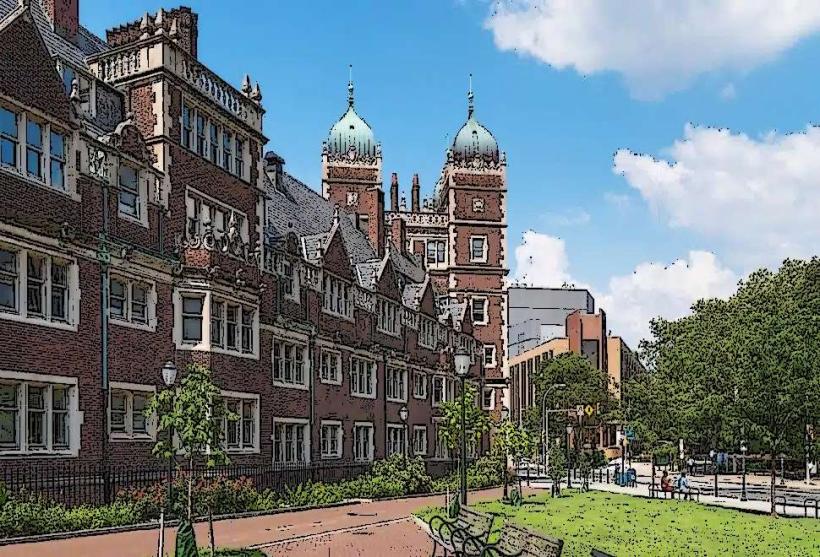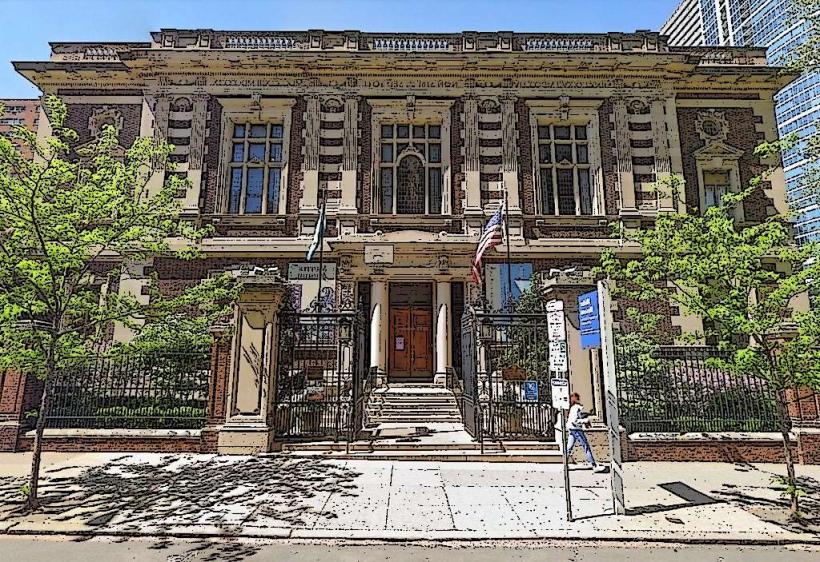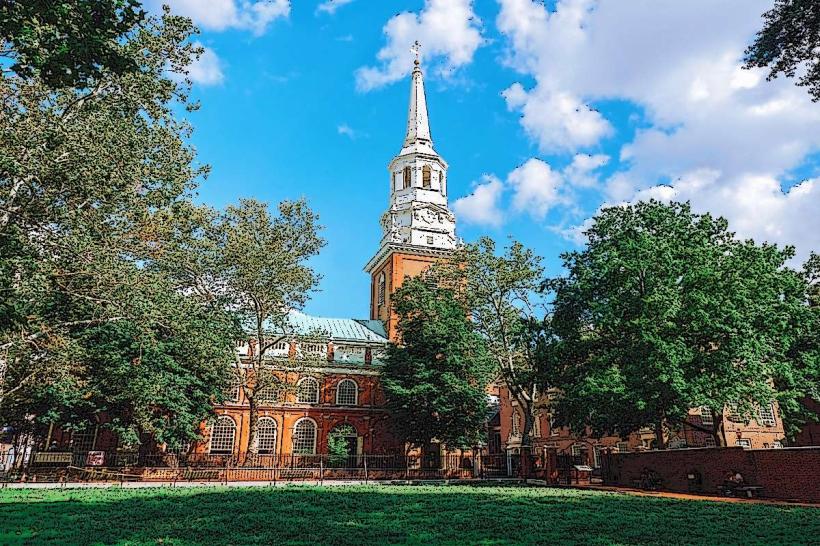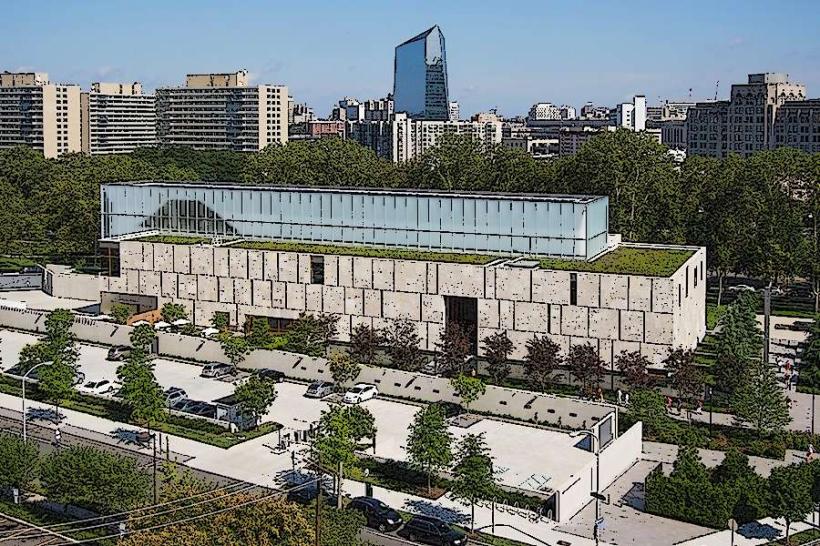Information
Landmark: Independence HallCity: Philadelphia
Country: USA Pennsylvania
Continent: North America
Independence Hall, Philadelphia, USA Pennsylvania, North America
Independence Hall is a historic building located in Philadelphia, Pennsylvania, USA. It is recognized as the birthplace of the United States, having hosted the debates and adoptions of both the Declaration of Independence and the U.S. Constitution.
Visual Characteristics
The building is a two-story Georgian-style structure constructed primarily of red brick. It features a white steeple topped with a clock and a cupola. The main entrance is a central doorway with a pediment. White trim is present around the windows and cornices.
Location & Access Logistics
Independence Hall is situated at 520 Chestnut Street, Philadelphia, PA 19106, within Independence National Historical Park. It is approximately 1 mile east of Center City Philadelphia. Parking is available in several paid garages within a 0.5km radius, such as the Autopark at Independence Hall. Public transport options include SEPTA bus routes 9, 21, 42, and the Market-Frankford Line subway to the 5th Street Station, followed by a short walk.
Historical & Ecological Origin
Construction of Independence Hall, originally known as the Pennsylvania State House, began in 1732 and was completed in 1753. It was designed by Edmund Woolley and Andrew Hamilton. Its original purpose was to serve as the colonial legislature building for the Province of Pennsylvania.
Key Highlights & Activities
Visitors can participate in ranger-led tours of the Assembly Room, where the Declaration of Independence and the U.S. Constitution were debated and signed. The West Wing, housing the Supreme Court Chamber, is also accessible. Timed entry tickets are required for tours during peak season.
Infrastructure & Amenities
Restrooms are available within the Independence Visitor Center, located across the street. Limited shade is provided by trees in the surrounding park. Cell phone signal (4G/5G) is generally available in the area. Food vendors and restaurants are located on nearby streets, particularly Market Street and Chestnut Street.
Best Time to Visit
For optimal lighting for photography of the exterior, early morning or late afternoon is recommended. The best months for weather are typically April through October. No specific tide requirements are applicable.
Facts & Legends
A unique historical detail is that the Liberty Bell, now housed in its own pavilion nearby, was originally housed in the steeple of Independence Hall. It was rung to call lawmakers to meetings and to alert citizens to public announcements.
Nearby Landmarks
- Liberty Bell Center (0.2km West)
- Congress Hall (0.1km West)
- Old City Hall (0.1km West)
- National Constitution Center (0.4km North)
- Betsy Ross House (0.5km North)


